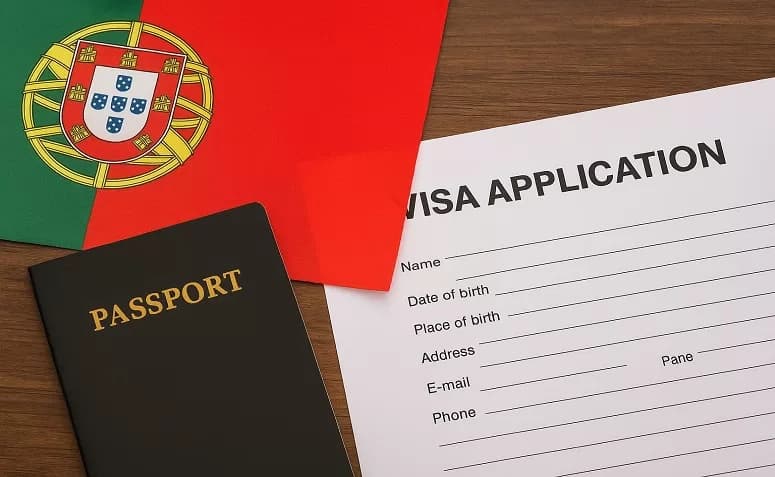Portugal to Launch Digital 'Property ID Card' to Streamline Transactions
The Portuguese government has announced its intention to create a single digital file for every property, a measure aimed at simplifying the notoriously complex process of real estate transactions. Prime Minister Luís Montenegro unveiled the plan, describing it as a “bilhete de identidade do imóvel” or a property identity card. This digital document will consolidate all certified information, including energy certificates, seismic vulnerability assessments, maintenance plans, and building permits, into a single, easily accessible file. The stated objective is to reduce the bureaucratic burden on citizens and businesses when buying or selling property.
The announcement was made by the Prime Minister during the closing of the PSD party's Summer University. Montenegro detailed that the initiative would prevent individuals from having to “collect requests and papéis [papers] to know what the house, the land, the building is.” He also articulated a longer-term ambition to integrate the financial cadastre (matriz predial) from the Autoridade Tributária (Tax Authority) and the legal property description from the conservatórias (land registries) into this unified system, which would significantly streamline legal and financial due diligence.
This legislative proposal is expected to be implemented to facilitate property transactions across Portugal, including in key investment markets like Lisbon and the Algarve. The implementation timeline and the specific legal framework for the 'ficha única' have not yet been detailed. The project is distinct from the existing Número de Identificação do Prédio (NIP), or Property Identification Number, and aims to be far more comprehensive.
The proposal has been met with cautious optimism from the real estate sector. Paulo Caiado, president of the Associação dos Profissionais e Empresas de Mediação Imobiliária de Portugal (APEMIP), stated in an interview with Observador that any move to reduce bureaucracy is welcome. “There are several entities involved and the whole process is relatively complex and bureaucratic,” Caiado noted, referencing the various documents required from the Tax Authority, the Institute of Registries and Notaries (IRN), and municipal councils. He added that centralizing this information digitally would provide “much greater agility, less expenditure of time, with the financial costs that are aggregated” during a transaction.
Need Expert Guidance?
Get personalized insights from verified real estate professionals, lawyers, architects, and more.
The current process requires buyers and their legal representatives to gather numerous documents, such as the caderneta predial, the registo predial, licença de utilização (use license), and energy certificates from the Agência para a Energia (ADENE), among others. Discrepancies between these documents from different sources are common and can cause significant delays. A centralized digital file is expected to mitigate these issues. However, Caiado clarified that while the measure is a significant step forward in administrative efficiency, it is not expected to directly alter market dynamics or the commissions charged by real estate agencies.
This initiative is part of a broader government focus on the housing sector. On the same occasion, Luís Montenegro announced a significant expansion of the public housing plan, more than doubling the target from 59,000 to 133,000 homes. This effort will be supported by a new credit line of over €1.3 billion from the European Investment Bank and a guarantee facility from the Banco Português de Fomento (BPF). The government also plans to reform the role of the Instituto da Habitação e da Reabilitação Urbana (IHRU), positioning it as a coordinating and regulatory body, while shifting the execution and management of housing assets to local municipalities.
Navigate Portuguese property regulations with expert guidance at realestate-lisbon.com.



